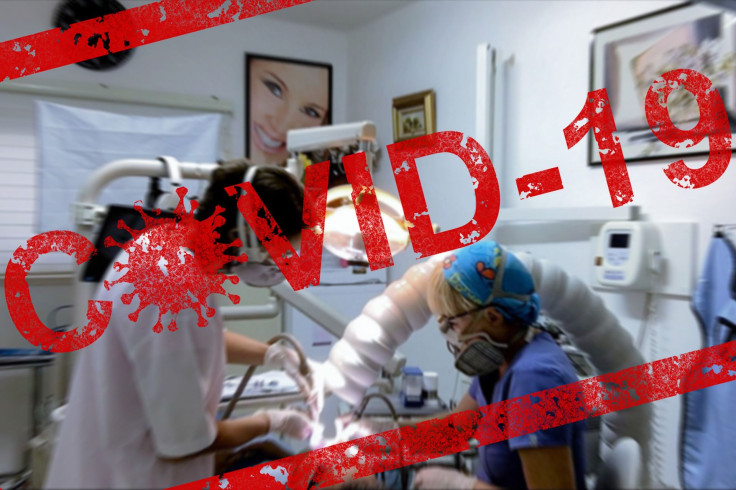Coronavirus Treatment: Alcohol Addiction, Breast Cancer Drugs Found Effective Against COVID-19

KEY POINTS
- Protease Mpro plays a crucial role in SARS-CoV-2 replication
- Researchers found a drug used in alcoholism treatment effectively blocks this protein
- This can slow down or completely inhibit its reproduction inside the body
Disulfiram, a drug used to treat alcoholism, and neratinib, an experimental drug for breast cancer, were found to be effective against the novel coronavirus, reported a new study.
The researchers at the Higher School of Economics (HSE) University, Moscow, and the Zelinsky Institute of Organic Chemistry discovered this using molecular modeling, and their findings were published in the Mendeleev Communications Journal.
Like many viruses, coronavirus also has a tendency to mutate rapidly. An ideal target for potential treatment would be structural elements of the pathogen that are less subjected to mutation during its evolution. Otherwise, any effective drug candidate against one strain would no longer work against another. In those terms, the best candidates would be conservative proteins like SARS-CoV-2 virus' main protease Mpro.
Apart from being resistant to mutations, protease Mpro plays a crucial role in coronavirus replication. This implies its inhibition can slow down or completely stop its reproduction inside the body.
The researchers used molecular docking and identified disulfiram and neratinib to be effective against SARS-CoV-2.
Disulfiram is the most commonly used drug to treat chronic alcoholism. It created unpleasant effects even when one consumes very small amounts of alcohol such as flushing, headache, vomiting, nausea, chest pain, weakness, blurred vision, mental confusion, sweating, anxiety and breathing difficulties. The drug fights the novel coronaviruses in two ways:
- As demonstrated in vitro with MERS and SARS coronaviruses, the drug is a covalent inhibitor
- It fights COVID-19 symptoms like decrease in glutathione levels because a deficiency of the antioxidant could lead to severe manifestations of the disease
The Russian researchers were the first to predict the efficiency of breast cancer drug neratinib which is an irreversible tyrosine kinase inhibitor against novel coronaviruses. In 2017, the U.S. Food and Drug Administration approved the drug as an adjuvant treatment of breast cancer.
Molecular modeling found both these drugs inhibit the main coronavirus protease Mpro. Experts at Reaction Biology Corp., a certified laboratory in the U.S., demonstrated disulfiram inhibits Mpro in 100 nm concentration, confirming the results of these Russian scientists.
"This finding shows the importance of further development of virtual screening add-ons," said the researchers in their paper published in Mendeleev Communications.
© Copyright IBTimes 2025. All rights reserved.






















